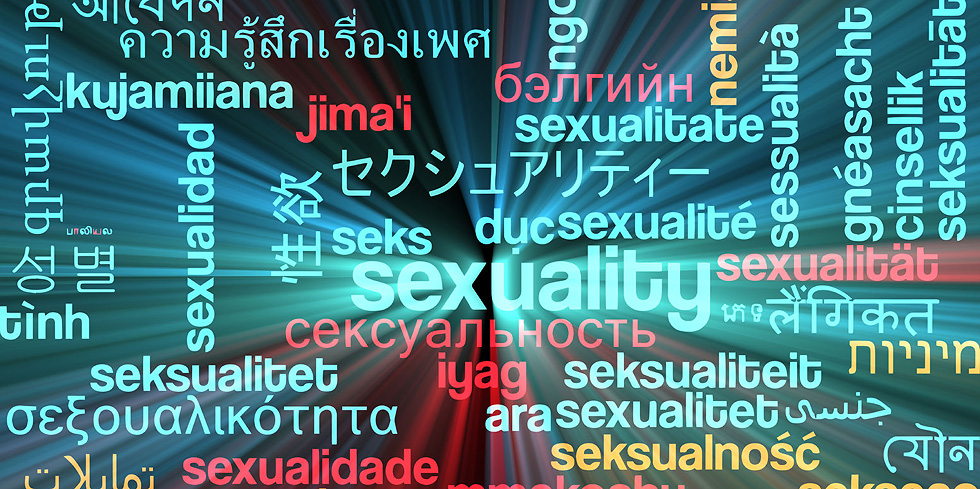Things have never seemed better for same-sex couples*: marriage and civil partnerships, more same-sex couples becoming parents, increased representation in the media. These couples seem to be moving into the mainstream and assimilation continues apace… resistance is futile!
As couple therapists we see this in the consulting room with same-sex couples bringing the same issues as their heterosexual counterparts: problems with communication, emotional availability, parenting, sex and desire to name a few.
Many couple therapy approaches don’t single out same-sex couples out for special consideration. Like any other couple, they have the same relationship work to do. These might include working on communication skills, empathy, dealing with conflict, active listening, challenging co-dependent behaviour and problematic attachment patterns, becoming aware of unconscious processes in the couple dynamic and working on intimacy and connection. I could go on… but hold on.
The other day I was watching the news and saw the protests against teaching about same-sex relationships in schools. Over a drink my gay friend told me how their sexually open relationship had helped make their coupling stronger. A client told me how her family would not accept her girlfriend in the house, while another spoke of his dread when his new boyfriend wanted to hold his hand in public. Are things really the same for same-sex and different-sex couples?
Well-meaning therapists may want it to be so. However, to ignore the unique and challenging circumstances same-sex couples find themselves can further increase such couples sense of marginalisation and isolation. As therapists we need to be aware of our own heteronormative beliefs that we can project onto same-sex couples. In addition, need to be conscious of our own feelings about sexually open relationships, which can still be seen as deficient by the straight and gay community alike, same-sex parenting or the use of drugs in sex for example.
Same-sex relationships are still socially stigmatised and their legitimacy questioned. Issues such as navigating gender roles, minority stress, being ‘out’ as a couple, negotiating sexually open relationships, working through the often complex process of having children is still very much alive for same-sex couples to work through. They continue to manage stigma and negative myths about gay relationships.
Therapists have a role in exploring and understanding this reality. They need to be open to help them create something new which may not fit a heteronormative model. And why not, heteronormative relationships haven’t got the best success record and still struggle with issues such as inequality and maintaining sexual desire.
Moreover, in trying to model themselves on the heterosexual norm, are same-sex partners just trying to get the validation by the wider society they have been denied all their life? How open are they to exploring relationship diversity? All rich material for therapeutic exploration.
Traditional sex therapy focuses on penis in vagina sex. What happens when two penises and two vaginas come together. Therapists need to be aware of distinct sexual issues that arise in same-sex relationships and revise, scrap or develop sexual interventions and tools which are appropriate to these clients.
Despite all of this we also need to remember the resilience, resource and utility of such couples. They have overcome challenges and may be in a process of building something new relationship-wise which is more relevant to and appropriate for them; this needs to be celebrated in therapy, not judged or pathologised.
Whilst there has been a lot of gains for same-sex couples in recent years, there is still a lot for them to face. In addition, we need to ask whether assimilation into the mainstream is an entirely good thing? Are couples missing out on the opportunity to explore different relationship models and diversity that may lead to an increased sense of well-being, contentment, openness, equality and longevity? Well for some same-sex couples this may be true.
The therapist has a tough job navigating this complexity and to know when the couple’s sexual identity is the focus of therapy. A self-aware, self-reflective practitioner with knowledge of same-sex relationships has a good head start in doing such a challenging job.
So, let me leave you with a couple of questions to reflect on:
What is your initial reaction when you see a same-sex couple express affection in public?
How would you feel if you were asked to walk around your neighbourhood holding hands with a friend of the same sex?
* I am using the term same-sex couple to mean two cis men or women with the same sexual orientation in a relationship with one another.
David Piner
Reflective Group leader/Faculty member LDPRT


Comments are closed, but trackbacks and pingbacks are open.